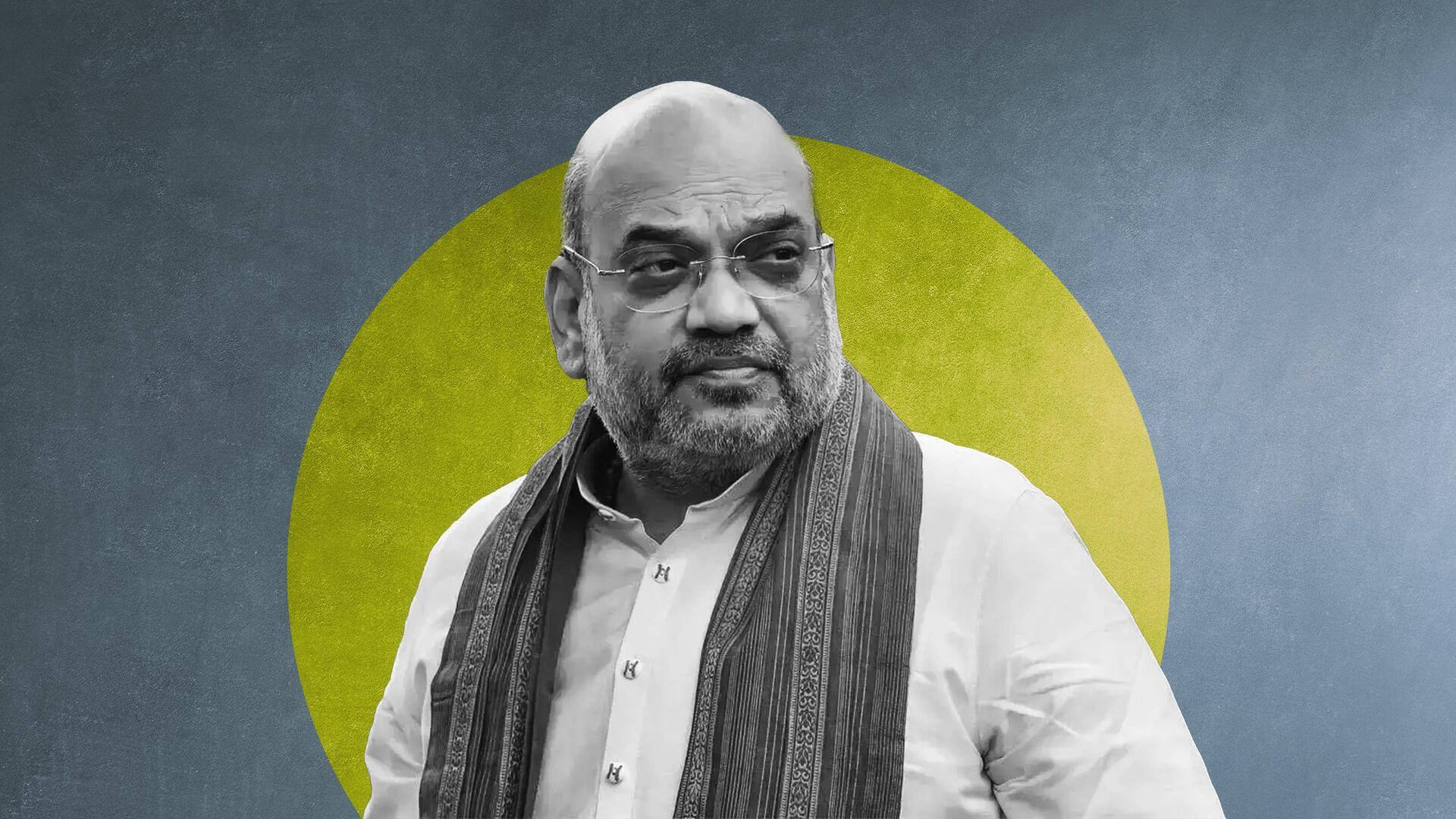
Amit Shah likely to reintroduce 3 criminal law bills today
What's the story
The central government announced the withdrawal of the three bills—introduced in the Lok Sabha in August—aimed at replacing current criminal laws late on Monday. Redrafted based on recommended amendments, they might reportedly be re-introduced by Union Home Minister Amit Shah in the Parliament on Tuesday. Notably, the Union Cabinet cleared the bills to be tabled during the ongoing Parliament Winter Session on Monday evening.
Context
Why does this story matter?
Initially, the bills were introduced during the Monsoon Session of Parliament in August to replace British-era criminal laws and will be revised in the ongoing Winter Session. Shah said in September that the proposed laws have the flavor of Indian soil. The Bharatiya Nyaya Sanhita Bill (BNSB), Bharatiya Nagarik Suraksha Sanhita (BNSS), and Bharatiya Sakshya Adhiniyam Bill (BSB) seek to replace the Indian Penal Code, 1860, the Code of Criminal Procedure Act, 1973, and the Indian Evidence Act, 1872, respectively.
Details
Parliamentary panel recommended nearly 50 changes
Shah submitted three identical signed statements to the Parliament, stating that the decision was made after the Parliamentary Standing Committee on Home Affairs suggested changes to the three bills. Shah said the committee also proposed to introduce a new bill in place of the previous Bharatiya Nyaya Sanhita Bill, 2023. The committee conducted multiple rounds of discussions with domain experts and various stakeholders since August 24 before submitting a report recommending nearly 50 amendments, which was adopted on November 6.
What Next?
Government disagreed with panel's suggestions regarding adultery, homosexual sex
The Union Cabinet on Monday gave a go-ahead to Shah to reintroduce the three bills. However, Prime Minister Narendra Modi and the cabinet reportedly disagreed with the standing committee's suggestions concerning adultery and homosexual sex. In its report, the panel recommended adultery as an offense be retained in the Bharatiya Nyaya Sanhita Bill. Its other recommendation involves penalizing non-consensual homosexual acts per IPC Section 377. However, the government disagreed with them since they would go against the Supreme Court's rulings.
Details
Proposed laws focus on justice, not punishment: Shah
At an event in September, Shah pointed out, "India's criminal justice system was imprinted with colonial law." Emphasizing how the proposed legislation seeks to tackle this, he added, "All three new bills do not have colonial imprint but have the flavor of Indian soil." The Union home minister said, unlike the British-era laws, they "provide justice, not punishment." Shah said, "Here is a step to deliver criminal justice."
About bills
Key provisions of proposed laws
The BNSB seeks to remove sedition as an offense while introducing "terrorist act" and "organized crime" as new offenses. The bill also omits IPC Section 377, which punished "sexual intercourse against the order of nature against any man, woman, or animal." Meanwhile, the BNSS mandates forensic investigation for crimes attacking seven or more years of imprisonment.Under the BSB, all electronic evidence could be considered primary evidence, bringing under the definition of valid documents, among other changes.